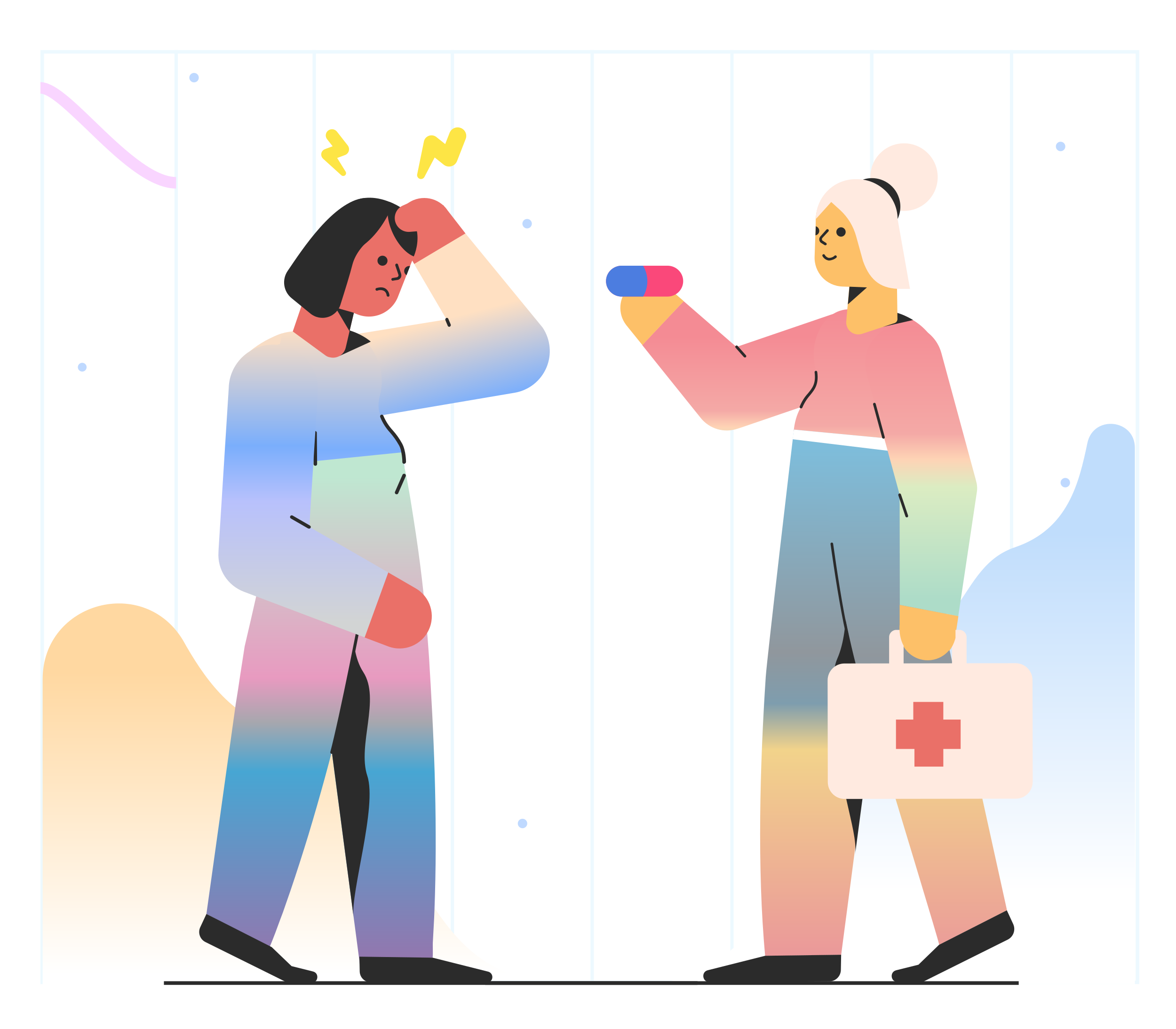4 Ways Mindfulness Can Help Manage Chronic Pain
Feb 07, 2023
What is chronic pain?
Chronic pain is a persistent pain that lasts for weeks, months, or even years. Unlike acute pain, which is a normal response to injury or tissue damage and typically subsides as the underlying injury or damage heals, chronic pain persists even after the underlying cause of the pain has been treated or resolved.

Where are the sources of chronic pain?
Chronic pain can have a variety of causes, and often results from a combination of physical, psychological, and social factors. Some of the most common sources of chronic pain include:
- Injury or trauma that damages tissue, nerves, or bones
- Inflammation such as arthritis, tendonitis, or bursitis
- Chronic diseases such as fibromyalgia, multiple sclerosis, or Lyme disease
- Structural abnormalities such as a herniated disc or spinal stenosis
- Nerve damage or dysfunction, such as in peripheral neuropathy
- Psychological factors such as depression, anxiety, or stress
- Genetics, resulting in a predisposition to chronic pain
Treatment for chronic pain often involves a multidisciplinary approach, addressing both physical and psychological factors that may contribute to the pain. This may include medications, physical therapy, cognitive behavioral therapy, or other interventions. While these traditional treatments for chronic pain can provide relief, there is another tool that can be added to the arsenal: mindfulness.
4 Ways Mindfulness Can Help Manage Chronic Pain
Mindfulness is a mental state characterized by non-judgmental awareness of the present moment. It involves directing one's attention to the present moment experiences without judgment, which can help manage chronic pain.
Here are four ways that mindfulness can help manage chronic pain:
1. Reducing Stress
Stress can exacerbate chronic pain, and mindfulness meditation has been shown to reduce stress levels. By focusing your attention on the present moment and letting go of worry about the future or regret about the past, you can reduce the amount of stress you experience. This, in turn, can help you manage your pain better.
2. Cultivating Acceptance
Chronic pain can be challenging to accept, and many people struggle with feelings of frustration, anger, and hopelessness. Mindfulness can help you cultivate a more accepting attitude toward your pain, allowing you to acknowledge it without judgment or resistance. By accepting your pain, you can learn to live with it and manage it in a more effective way.
3. Reducing Pain Intensity
Studies have shown that mindfulness can reduce the intensity of chronic pain. By focusing your attention on the sensations in your body, you can learn to be more aware of your pain and respond to it in a more skillful way. This can lead to a reduction in pain intensity and an improvement in overall well-being.
4. Improving Quality of Life
Chronic pain can have a significant impact on your quality of life, making it difficult to engage in the activities you enjoy. By reducing stress and pain intensity, mindfulness can help you improve your overall well-being and feel more in control of your life. This, in turn, can help you engage in the activities you enjoy and live a more fulfilling life.
There are many resources available to help you learn mindfulness techniques, including books, online courses, and in-person classes. A healthcare provider may also be able to refer you to a mindfulness-based pain management program. It's important to work with a qualified professional to develop a mindfulness practice that meets your individual needs and goals. Interested in learning more about chronic pain and mindfulness? Access this free learning event on How to Support Chronic Pain with Mindfulness with physician and author Dr. Jackie Gardner-Nix.

Michael Apollo MHSc RP is the founder of the Mindful Society Global Institute. Prior to founding MSGI in 2014, he was the Program Director of Mindfulness at the University of Toronto. He is an educator, licensed mental health clinician and certified facilitator in Mindfulness-Based Stress Reduction and Mindfulness-Based Cognitive Therapy.
References:
National Institute of Neurological Disorders and Stroke. (2021). Chronic pain information page.
American Chronic Pain Association. (2022). What is chronic pain?
National Institute of Drug Abuse. (2020). Prescription opioid use is a risk factor for heroin use.
Understanding Chronic Pain |American Chronic Pain Association.
Chronic Pain: In Depth | National Center for Complementary and Integrative Health.
Causes of Chronic Pain | Cleveland Clinic.
The Physiology of Pain | Harvard Health Publishing.
Nerve Pain and Nerve Damage | WebMD.
Psychological Aspects of Chronic Pain | American Chronic Pain Association.
Genetic and Epigenetic Contributions to Chronic Pain | Comprehensive Physiology.
Join our weekly newsletter for insightful articles and free events
Be the first to learn about upcoming FREE events, receive early bird pricing for courses and stay in touch with weekly newsletters!


